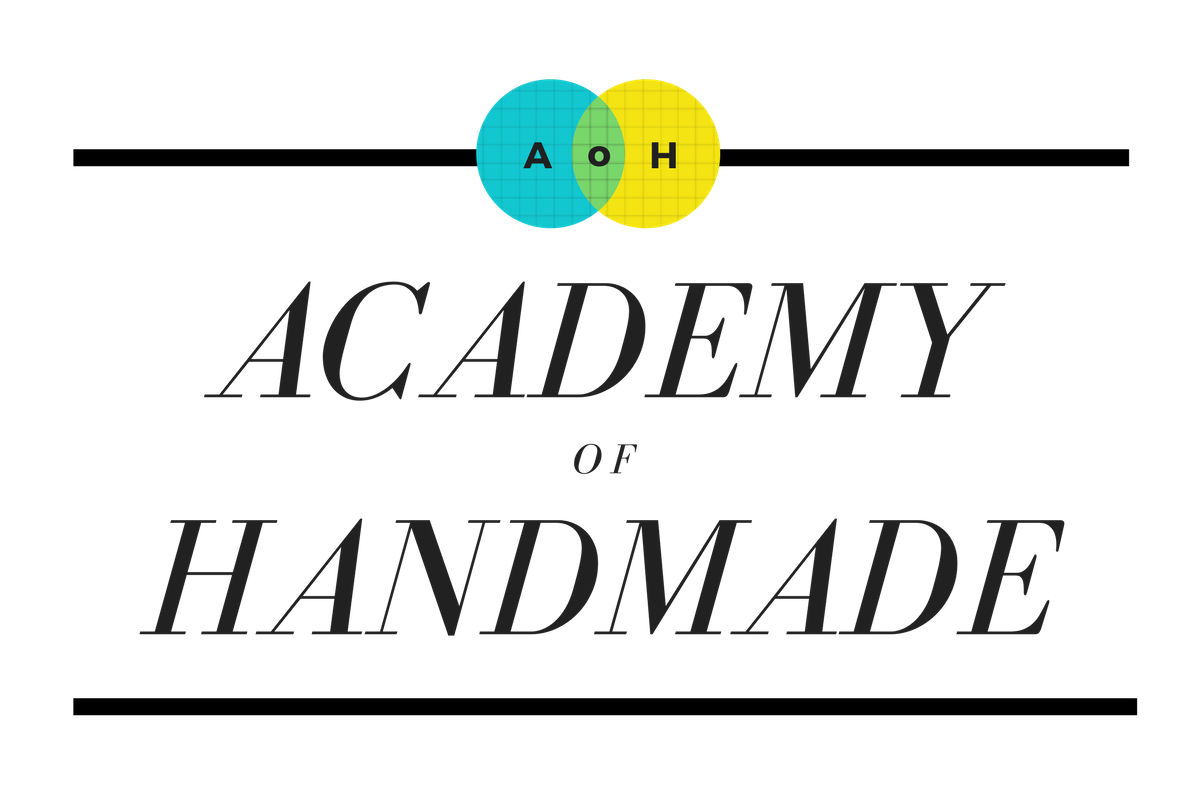I used to be an adjunct professor and the one thing that shocked me (but shouldn't have) was how much students just took things from the Internet as though it was just one big salad bar of information where you can take what you want-- no questions asked. It feels that way a lot of times when I look at blogs and Instagram. "Sharing" feels way too close to taking (even if you "credit" or tag) and then sometimes taking is just taking.
If this area feels murky to you, then read on. Kiffanie Stahle is a lawyer for creatives and is here to help (though, we are obligated to say this post is NOT legal advice and it is purely meant to expand your knowledge of business law. If you need legal advice, ask a lawyer... like Kiffanie).
A good friend of mine is a photographer. The toughest part of her job is not going out and shooting photographs that people will love. She’s good at that. The toughest part of her job (and least favorite) is keeping track of her photographs once she’s posted them online.
Why? Because she knows that the only way to prevent people from using her images without permission is to not post them at all.
Lawyer for creatives, Kiffanie Stahle
My own experience backs this up. In November, I made a decision to solely use my photographs on my blog. Since then I’ve posted about 40 photographs. And I’ve sent 11 DMCA takedown notices to websites using these photos without my permission (one of them for profit).
When you ask me the question “Can I use this photo on {fill in the blank}?” My answer might seem a little curt and flippant.
I’ll ask you, “Did you take it?” You probably aren’t asking the question, if you shot it, so when you answer no, I ask, "Do you have permission?”
The question of permission sometimes requires a little bit of explaining.
Permission isn’t limited to an email exchange with the photographer. Photographers grant permission when they sell a photograph to a stock agency. If your use complies with the stock license you purchase.
Many photographers also give permission via Creative Commons. They might select the CC BY license that gives you permission to use the photograph for any use as long as you give them credit. So once again, you have permission as long as you obey the license they select.
And when you tell me that you don’t have permission, I tell you “no, you shouldn’t and probably can’t use it.”
It doesn’t matter if you are filling in the blank with your website, a social media service, or if you can trace the image to create something else.
(Believe me if you want to give your lawyer a panic attack, go into her office and tell her that you trace source imagery to create your work.)
The reason that I don’t give you a flat out no is because your use might qualify as fair use. Fair use is a tricky area of copyright law and is a huge gray area. What’s important to remember with fair use is that fair use is most commonly utilized as a defense to an actual or threatened copyright infringement lawsuit. While it might ultimately be decided that your use is fair use, you’ll still have to pay your lawyer to fight the battle for you. Fair use is not a magic bullet to get off scot-free.
We have the ability to remove an annoying task from the plate of my photographer friend: trying to keep track of where her images appear online.
And we can do it by doing one simple thing, asking permission.
Might she ask us to pay a licensing fee to use the photograph? Yes, and then it is up to us to decide if the exchange is worth it.
When we use photographs without asking permission we tell her that we don’t value her creative endeavors.
And when we fail to respect her rights and her creations, we can and should expect her to call us out on it. And we shouldn’t be upset when she does and we get a nasty letter in our inbox.
So rather than posting an image without permission, reach out and ask. Or seek out images that the photographer has already given us permission to use. Might that mean you can’t use that image you’ve fallen in love with? Yes, but you'll also be telling photographers that you value their creative contributions.
Does thinking about things from the photographer’s perspective make you want to change anything in your photo curation process? Let me know in the comments below.
Kiffanie Stahle is the founder of the artist’s J.D., a community designed to teach creative entrepreneurs that the law doesn’t have to equal scary. She’s on a mission to convince you that it is good to have a lawyer as a friend. If the shoe is on the other foot and your content has been used without your permission, Kiffanie’s written a guide to help you calmly take action.


